
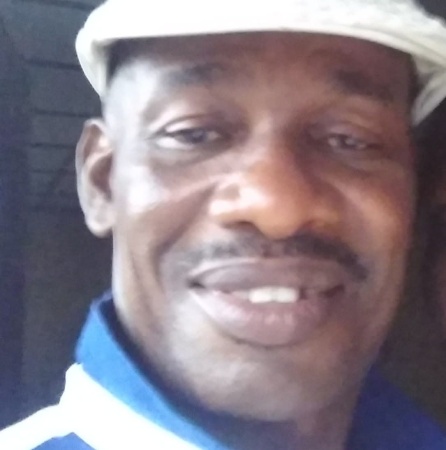
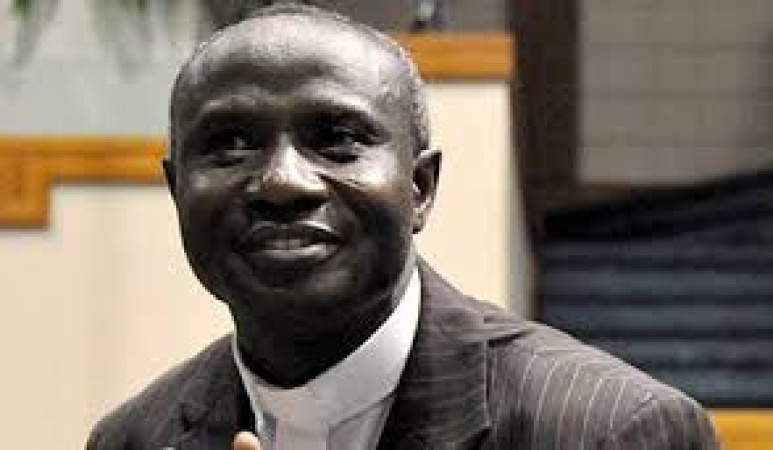
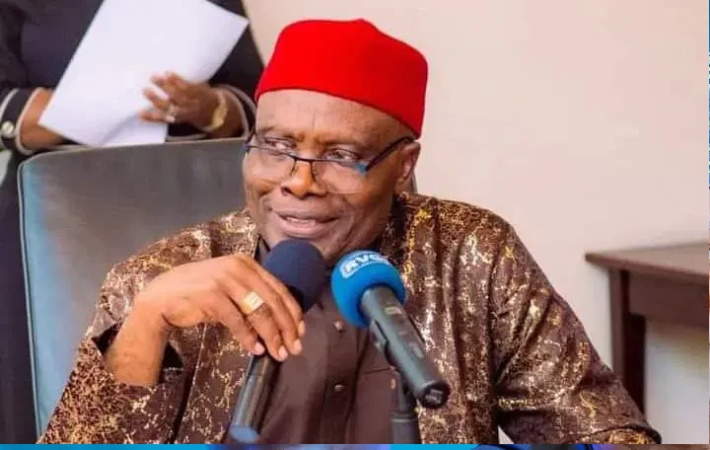
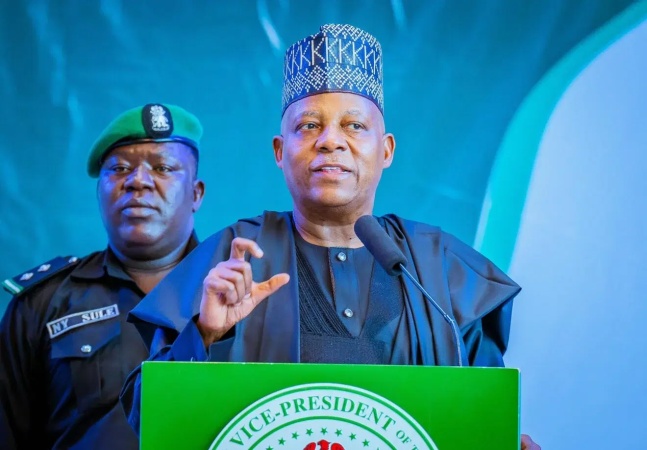
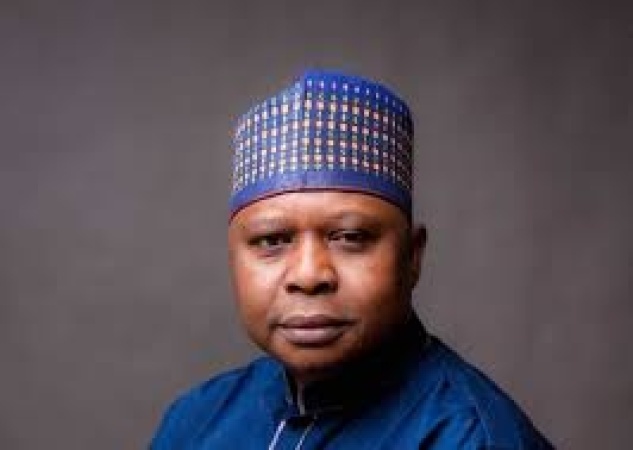
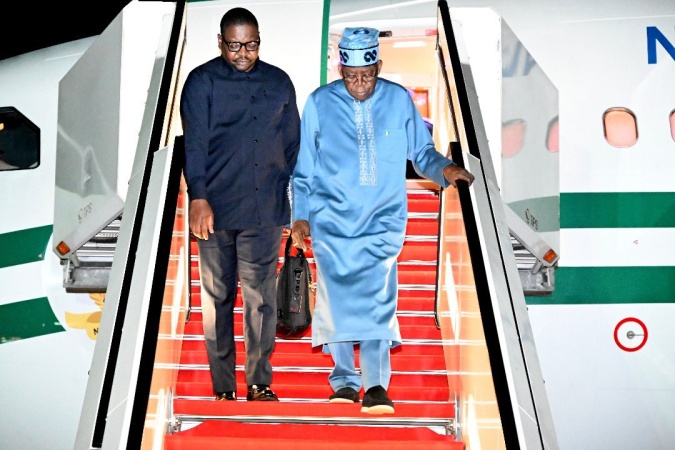
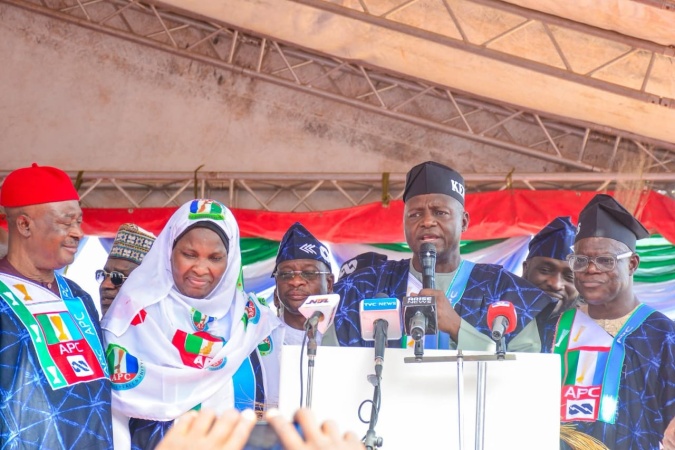
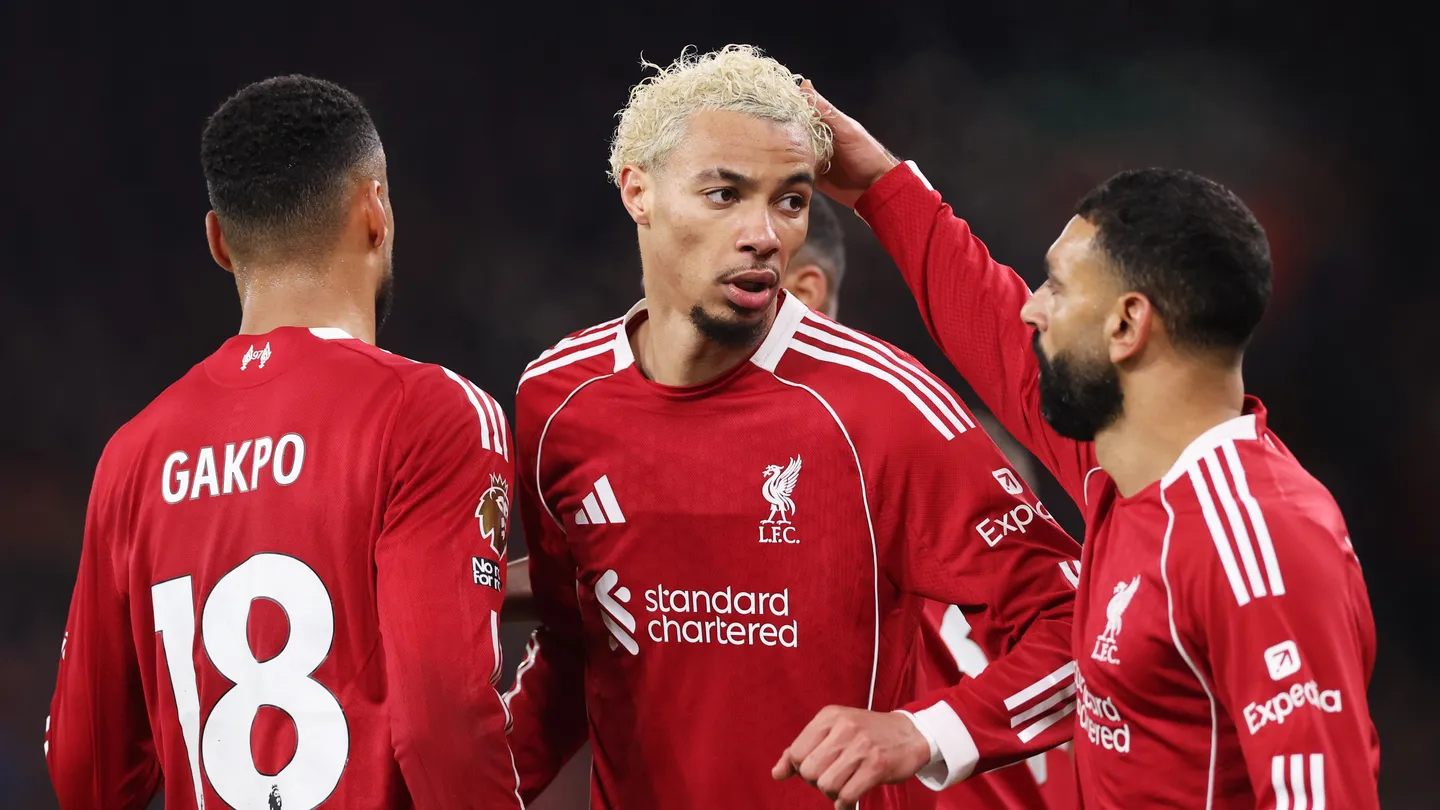






Loading banners


NEWS EXPRESS is Nigeria’s leading online newspaper. Published by Africa’s international award-winning journalist, Mr. Isaac Umunna, NEWS EXPRESS is Nigeria’s first truly professional online daily newspaper. It is published from Lagos, Nigeria’s economic and media hub, and has a provision for occasional special print editions. Thanks to our vast network of sources and dedicated team of professional journalists and contributors spread across Nigeria and overseas, NEWS EXPRESS has become synonymous with newsbreaks and exclusive stories from around the world.

Trump, Tinubu
By JEFF GODWIN DOKI Ph.D
In the month of November, 2025, the US President, Donald Trump, designated Nigeria as a country with particular concern CPC. But this was not the first time the US was designating Nigeria as a country of particular concern. The same Donald Trump had done a similar thing in December, 2020 and it was left for his successor, Joe Biden, to delist Nigeria in 2021. The obvious implication is that this is the second time, in five years, that Donald Trump has designated Nigeria as CPC, and as they say in the proverbs: there can be no smoke without fire. But it was Donald Trump’s recent threat to invade the Nigerian state for carrying out genocide and mass atrocities on Christians that raised many diplomatic eyebrows and swiftly divided commentors and intellectuals into two opposing camps. On the one hand, are those who see the threat as an extension of economic imperialism. This group holds that the US is trying to create a crisis in Nigeria so as to justify the exploitation of Nigeria’s rich mineral resources. On the other side of the debate are those who have taken a more elastic approach by insisting that Nigeria is unable or unwilling to combat insecurity and there is a need for an international power like the US to intervene in line with the Responsibility to Protect Principle. As usual, there are always three angles to any situation: your view, my view and the truth. So which view is the truth?
We must concede that most of the severe and persistent threats to global peace and stability in the present century are arising not from conflicts between major political entities but from increased discords within states, societies, and civilizations along ethnic, racial, linguistic, caste or class lines. These new conflicts are particularly prevalent in Africa, a region that seems to have lost its geostrategic significance with the end of the cold war. The truth is that many African countries that depended largely on super power patronage during the cold war such as Angola, Mozambique, Ethiopia, Zaire, Somalia, Liberia have degenerated into war zones. But beyond Africa, the Middle East, Southern Asia and the Pacific are not exempted from this ugly trend. Most of these conflicts stem from poverty, bad governance, deepening social inequalities and weak or corrupt governance. Besides, issues like self-determination, ethnic and religious divisions, resources, private armies and war lords all characterize these conflicts. Taken together, we can say that most of the current conflicts in the world today are, deep- rooted intrastate affairs. But most importantly, these intrastate conflicts have led to a redefinition of the international world order to include issues like sovereignty, non-intervention, good governance and the security of citizens.
The logic here Is that although most conflicts in modern society do not take place between states, many intrastate conflicts are viewed as threats to international peace and security. It is therefore very important to resolve intrastate conflicts for the benefit and wellbeing of the international community in general. Added to this is the fact that contemporary international order is based on a society of states that enjoy exclusive jurisdiction over a particular piece of territory and rights to non-interference and non-intervention that are enshrined in the Charter of the United Nations. As a matter of fact, Article 2 (4) of the UN Charter forbids the use of force as an instrument of state policy. However, there are two exceptions to this rule. The first is the State’s inherent right to self-defense as enshrined in Article 51, the second is enforcement measures as authorized by the UN Security Council (UNSC).
Most importantly, the international law, part of which I have quoted in the preceding paragraph, is prefaced on the assumption that states exist primarily to protect the security of their citizens. In other words, the security of the state is considered important and worth protecting because it is the primary responsibility of the state to provide security for individuals. But there are times when states (like Nigeria) cannot provide security for its citizens. As a matter of fact, in recent times threats to individual security have tended to come from an individual’s own state than from other states. This is as much as to say that some states (like Nigeria) are often the perpetrators of genocide and mass atrocities or states (like Nigeria) are simply incapable of protecting their populations because they lack the capacity to defeat or make peace with rebel groups.
It is only when we understand the state from the perspective of security and responsibility that we may truly appreciate the role of the international community in mitigating the worst effect of armed conflict and protecting populations from genocide and mass atrocities. And this is the point where the threat of the US to invade Nigeria and save its citizens from genocide and mass atrocities becomes pertinent. Truth to tell, the threat of the US to intervene and end genocide in Nigeria is premised on the idea that external actors have a duty as well as a right to intervene and halt genocide and mass atrocities. The US President who is one of the advocates of this position, holds that sovereignty should be understood as an instrumental value because it derives from the state’s responsibility to protect the welfare of its citizens. In other words, Donald Trump is simply saying that when a state, like Nigeria, fails in its duty to provide security to its citizens, it has lost its sovereign right to non-interference and non-intervention. To put it differently, Humanitarian Intervention has become internationally warranted and the principle of non-intervention is publicly discarded since issues of massive humanitarian crises are a legitimate concern for the international society.
It Is left to be said that beginning from the 1950s, the UN began to develop peace keeping operations aimed at providing assistance to states to maintain order. But it was the humanitarian crises of the 1990s that gave more fillip to this way of thinking.
In contemporary international law, sovereignty means responsibility of the state to protect its citizens. It was the former Sudanese diplomat, Francis Deng, that developed the Responsibility to Protect (R2P) principle. In his book, Sovereignty as Responsibility (1996), Deng argued that sovereignty carries with it certain responsibilities for which governments must be held accountable not only to their own national constituencies but ultimately to the international community. It is against this backdrop that Donald Trump’s threat of intervention to halt genocide in Nigeria is truly justified. Although behind such a justification is the fear that such magnanimity from the US is nothing but a reflection of global and economic relations which are at the heart of the Dependency theory.
And this brings us to the question: how responsible is the Nigerian government? It is clear to anybody with two eyes that it is a government with a huge penchant for a façade of normality. Its claim to be waging war against terrorism is a sham. The recent change of Service Chiefs is also only a ruse and not a solution. We all know that from Riyom and Bokkos in Plateau State to Yelewata in Benue State to Zamfara and Kebbi, we are confronted almost on a daily basis with a reality of citizens burying their loved ones to avoidable acts of terrorism. At the same time, we see Nigerian Politicians goose-stepping on red carpets of blood at political rallies every day. The major agenda of the political class is to regroup under different political parties or associations in order to loot and plunder our national treasury. The Nigerian government is not willing to provide good leadership, it is only obsessed with victory at the polls in the year 2027. We have a government that has utter contempt for its intellectuals and revels in the systematic decimation of its youth. We live in country that does not realize that children are the world’s most valuable resource and its best hope for the future. We have a government that has made the universities a target of its animosity. A government that announces fantastic figures of trillions of Naira for contracts to construct coastal roads while its universities and hospitals are shut down at weekly and monthly intervals. It is apparent that the Nigerian government has completely lost touch with the idea of sovereignty and responsibility. It is left for Donald Trump, the American President, to realize that the Nigerian problem is about human security in general because both Christians and Muslims in Nigeria have become playthings in the hands of terrorists and bandits.
•Jeff Doki, an expert in Peace and Conflict Studies, is a Professor of Comparative Literature at the University of Jos (UNIJOS), Nigeria.